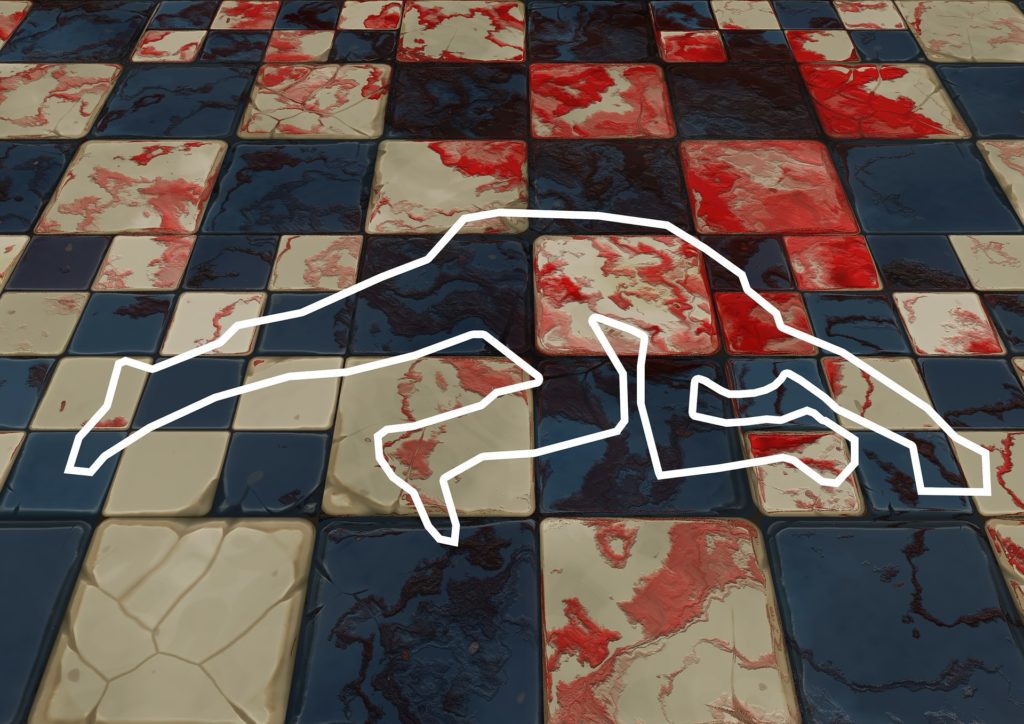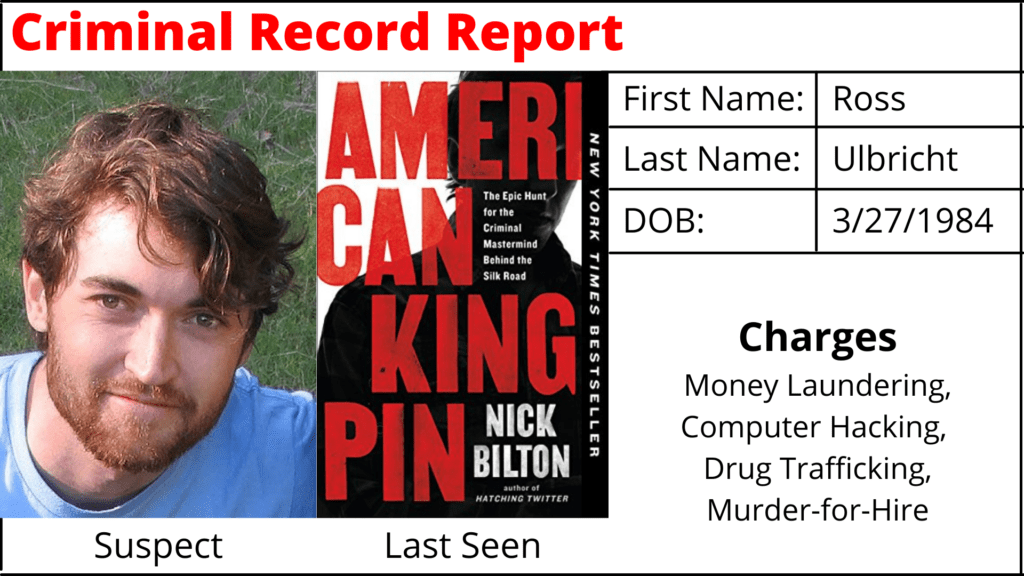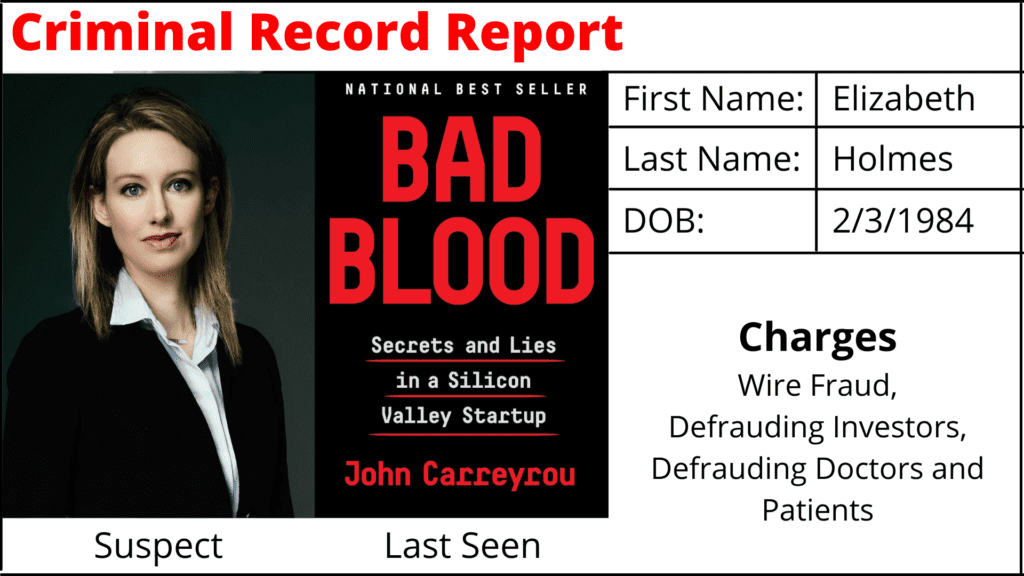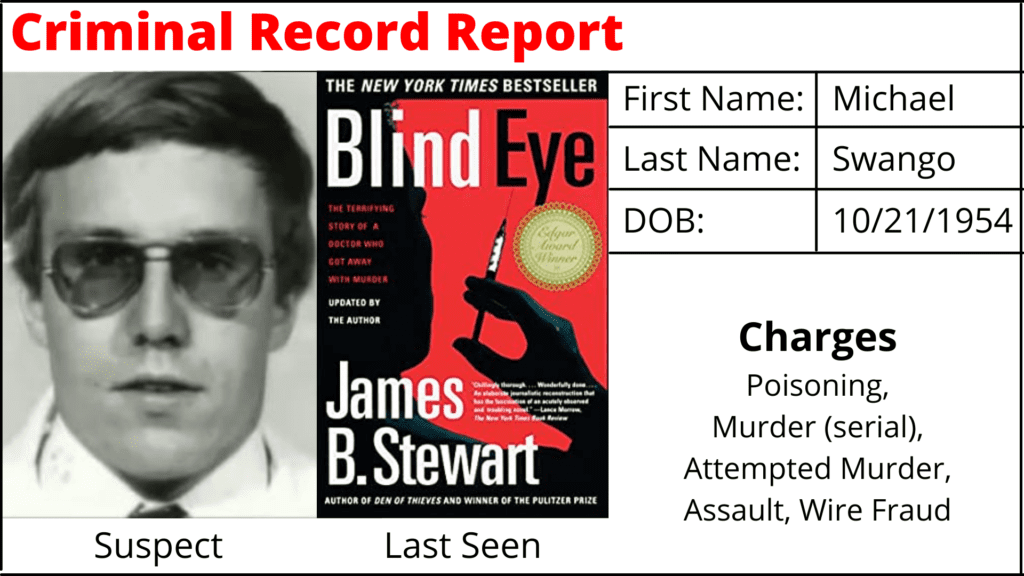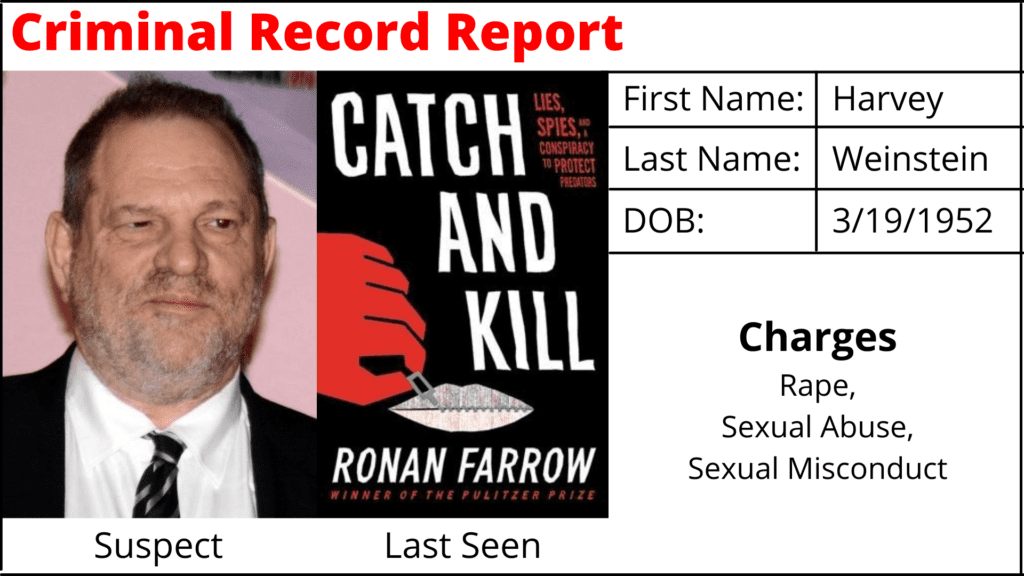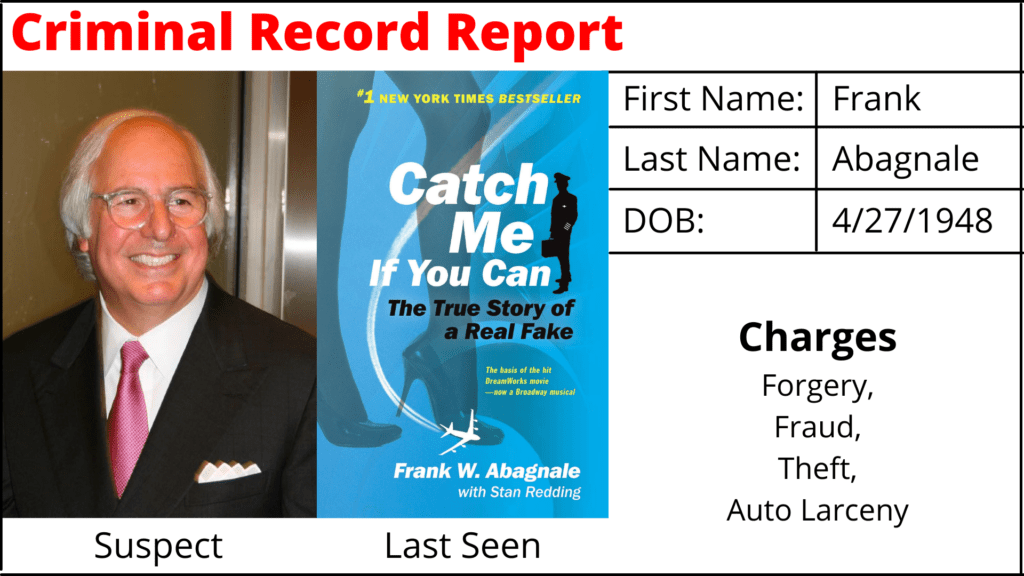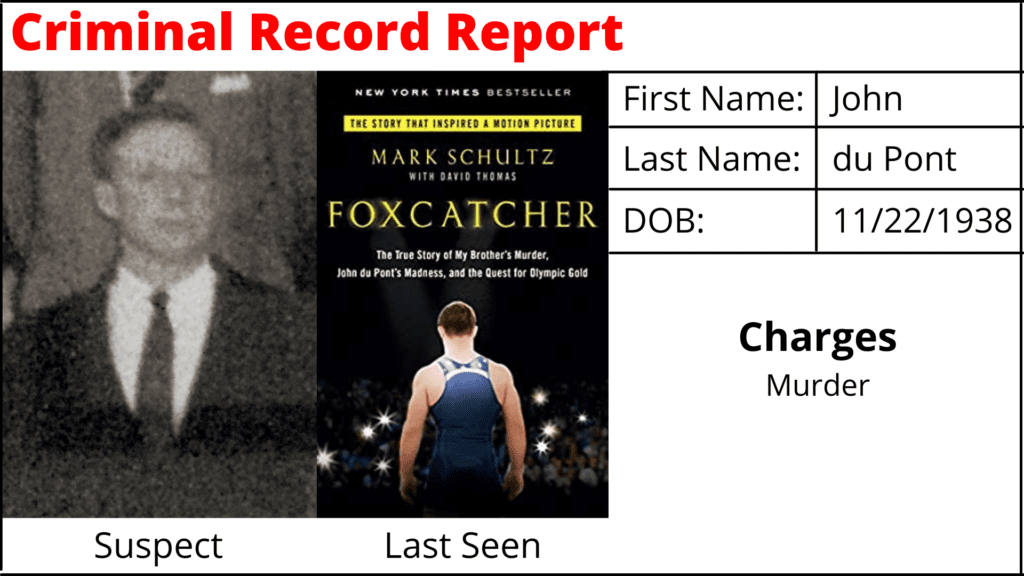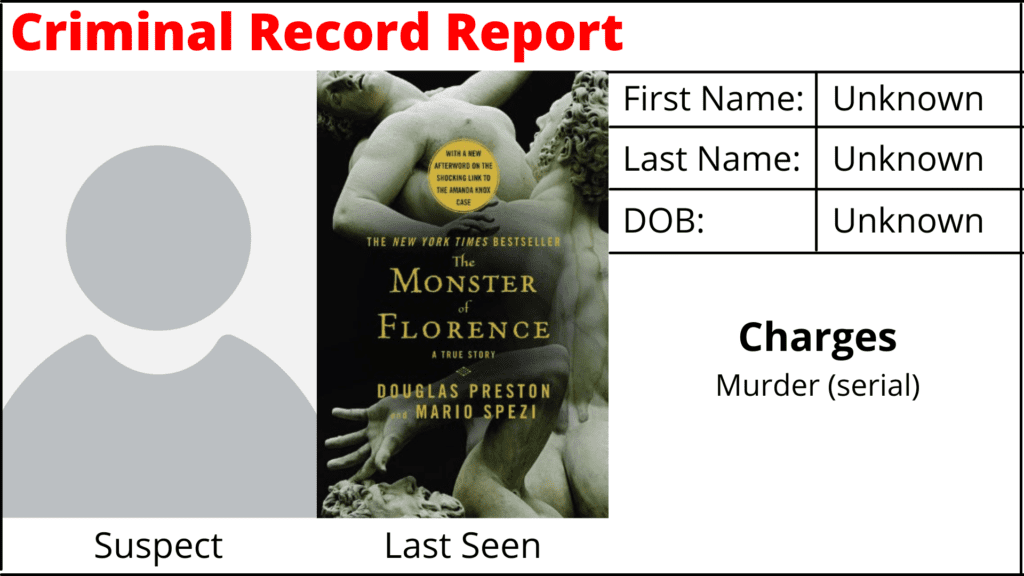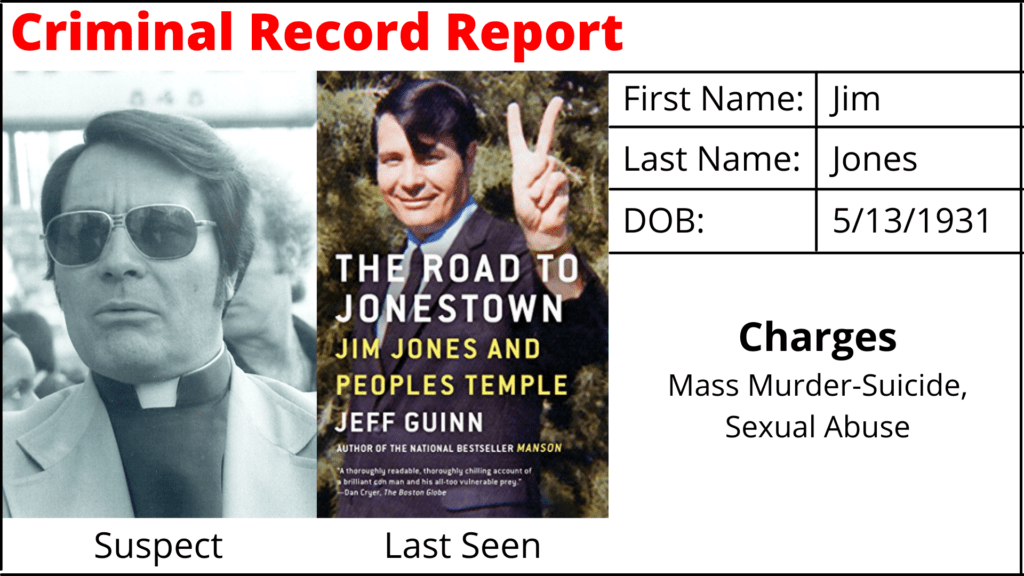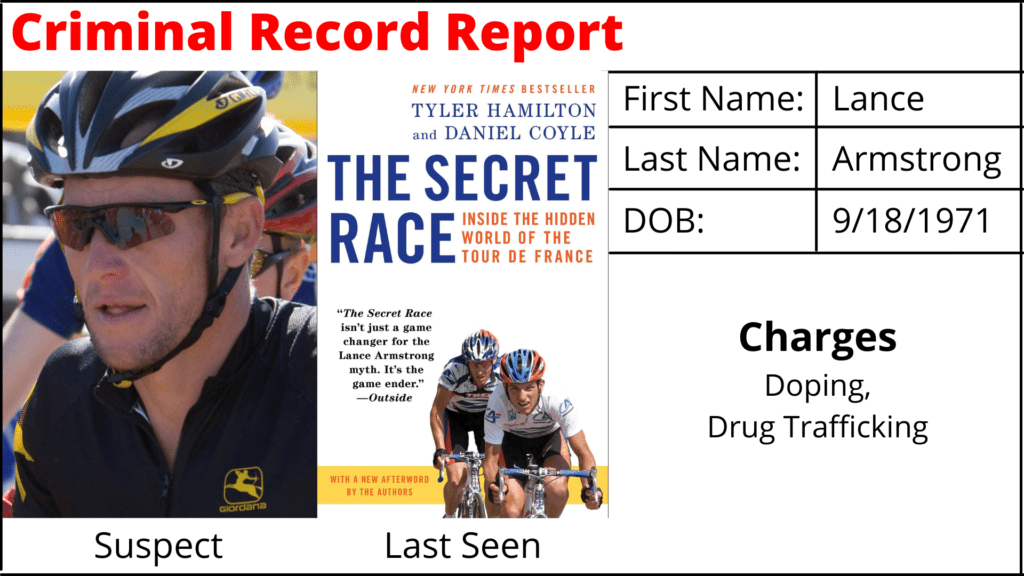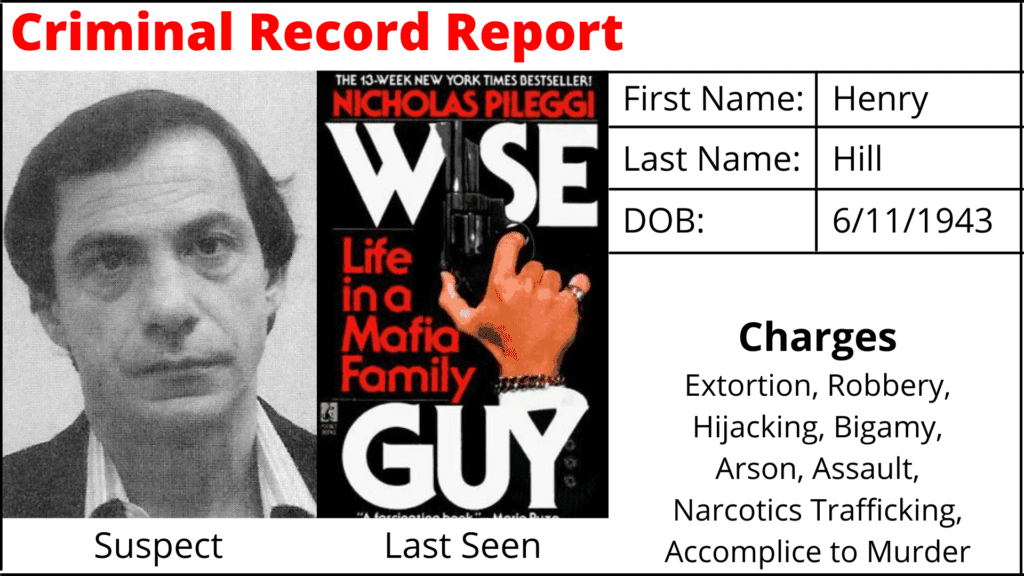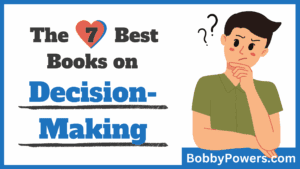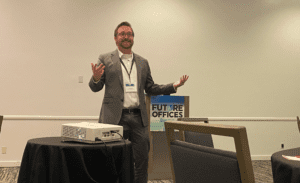10 Fascinating True Stories About Murderers, Fraudsters, and Criminals
Four years ago, I started a book club at my company. One year later, our book club realized that we had read more about serial killers and fraudsters than we had about business tycoons, civil rights leaders, and presidents.
There’s something morbidly fascinating about crime. I used to hide this obsession, but then Netflix brought crime documentaries into everyone’s living rooms, and now everyone I know is equally obsessed with con artists, cult leaders, and serial killers.
From all of the true crime books I’ve read, here are my ten favorites. Each includes an affiliate link from Bookshop.org. (If you purchase one of the books, you’ll support me as well as local bookstores. Win-win!)
American Kingpin by Nick Bilton
Summary: In February 2011, a new website called The Silk Road launched on the dark web — the shady underbelly of the Internet. The Silk Road was an online marketplace where people could purchase illegal drugs, weapons, and even paid assassins. It was like Amazon for crime.
A mysterious figure known as the Dread Pirate Roberts ran the website. The man behind the moniker turned out to be mild-mannered Ross Ulbricht, an Eagle Scout turned computer hacker who “broke bad” to become an online drug kingpin.
Why you should read it: The FBI had a hell of a time trying to track down Ulbricht. Even after they realized he was the Dread Pirate Roberts, they had to find a way to apprehend Ulbricht without spooking him. Most hackers have a killswitch on their computers that can wipe the hard drive, and the FBI wanted to catch Ulbricht without him engaging that killswitch so they could access his files and use them as evidence in court. The entire book is incredible, but the final FBI scenes at the end were my favorite.
Bad Blood by John Carreyrou
Summary: Stanford student Elizabeth Holmes saw herself as a modern-day Steve Jobs. She often dressed like him (black turtleneck) and compared herself to him. At first, the comparisons didn’t seem so far-fetched; her company Theranos was the talk of Silicon Valley. She convinced influential people like Henry Kissinger, James Mattis, and George Schultz to join her board of directors, which bolstered the company’s reputation and skyrocketed its valuation to $10 billion.
The only problem? Holmes and her right-hand man Sunny Balwani built the company on fraud and lies. They knew Theranos’s medical technology couldn’t do the things they promised, but the market didn’t know that. So Holmes and Balwani proceeded to lie about their product, then fire, harass, and sue every employee who threatened to whistleblow about the company.
Why You Should Read It: Bad Blood is the fastest-moving nonfiction story I’ve ever read. It’s also an incredible feat of investigative journalism. WSJ reporter John Carreyrou was tailed and threatened multiple times while trying to report this story. Throughout the entire time reading the book, I couldn’t believe the story was real.
Blind Eye by James B. Stewart
Summary: Death followed Dr. Michael Swango everywhere. As soon as he arrived in a hospital or clinic, patients’ conditions would inevitably worsen. Other hospital employees joked about Swango’s bad luck, while some suspected something more sinister.
In 1985, Swango was sentenced to five years in prison for poisoning co-workers in Quincy, Illinois. But when he got out of jail, Swango’s devious acts continued. He promptly found other medical roles — in Virginia, South Dakota, Georgia, Zimbabwe, and Namibia. He poisoned as many as 60 colleagues, girlfriends, and patients and killed an untold number of people.
Why You Should Read It: In addition to being a fascinating story about a morbid serial killer, this book reveals massive flaws in our medical system. Shockingly, there wasn’t a global record-keeping system to track doctor records throughout the 1980s and ’90s. Swango bounced from one hospital to another, even after colleagues caught on to his tactics.
Catch and Kill by Ronan Farrow
Summary: There are few things more repugnant than powerful, wealthy men using their privilege to get sexual favors. Harvey Weinstein torpedoed his (already fragmented) reputation as a Hollywood exec when reports came out that he had raped and assaulted dozens of women in the film industry.
Ronan Farrow, an investigative journalist for The New Yorker, broke the story about Weinstein, then followed up with this book about the scandal.
Why You Should Read It: The most depressing part of this story is that multiple media executives and companies tried to protect Weinstein and bury the scandal, even after learning the truth of the allegations. Read this book as a cautionary tale about money, power, and hierarchy.
Catch Me If You Can by Frank Abagnale
Summary: Eighteen-year-old Frank Abagnale allegedly impersonated a pilot, a lawyer, and a doctor while pulling off cons worth millions of dollars. FBI agent Carl Hanratty tracked Abagnale across the country, following the breadcrumbs of Abagnale’s bad checks and con jobs.
But, in true con-man fashion, Abagnale supposedly made up multiple aspects of the story. Even though the veracity of Abagnale’s story has been called into question as of late, the book remains a great page-turner about a young kid lying his ass off and taking advantage of the system.
Why You Should Read It: Abagnale was able to get away with most of his cons through the sheer force of his boldness. Confidence can be a superpower, and con artists abuse that superpower by taking advantage of others. Reading books like this can help you identify the fingerprints of fraudsters around you.
Foxcatcher by Mark Schultz with David Thomas
Summary: For the past 200 years, the du Pont family has been one of the richest families in America. They earned their multi-billion-dollar family fortune from the gunpowder, chemical, and automotive industries. A chunk of the family fortune passed down to John du Pont, who spent his millions on hobbies like stamps, birds, mollusk shells, and wrestling.
On his Foxcatcher Farm, du Pont established a world-class training facility for Olympic wrestlers that attracted a dynamic duo: brothers Dave and Mark Schultz. Du Pont’s behavior had always been eccentric, but the brothers tolerated it because they needed access to the facility for training. But du Pont continued to get stranger, until one day he snapped…
Why You Should Read It: John du Pont’s erratic behavior alone is reason enough to read this book. Society tends to put up with a lot from wealthy people, and du Pont’s life is a great example.
The Monster of Florence by Douglas Preston with Mario Spezi
Summary: Between 1968 and 1985, an unknown killer murdered numerous couples who were having sex in their cars around Florence, Italy. But, unlike many serial killers, this one didn’t have a standard M.O. for their murder weapon — sometimes opting for a gun while other times using a knife.
This series of murders remains unsolved, and detectives suspect multiple killers may have been involved in the 16 murders. The Italian media referred to the killer(s) as Il Mostro de Firenze (“The Monster of Florence”), and Thomas Harris (author of the Hannibal books) visited Florence and researched Il Mostro while writing his books.
Why You Should Read It: Serial killer stories are always interesting, and this one is especially intriguing because it remains unsolved. The connections with Hannibal Lector made me even more interested in the story. (Harris didn’t base Hannibal on Il Mostro but did research him.) But beware, this book is more grisly than most other serial killer tales.
The Road to Jonestown by Jeff Guinn
Summary: On Saturday, November 18th, 1978, nearly 1,000 people committed mass suicide by drinking grape-flavored Flavor Aid laced with cyanide. Why did they do it? Reverend Jim Jones told them to.
Jones was a controversial leader and a highly decorated one, having been honored with awards like the Martin Luther King Jr. Humanitarian Award. But underneath his charming exterior was a clever manipulator spouting dangerous ideology that cost 909 people their lives.
Why You Should Read It: Reading about cults — especially mass murder ones like Jim Jones’s group — is an important wake-up call to the fact that all of us are capable of falling for lies and deception. Whether it’s in the form of conspiracy theories, brainwashing, or other misinformation, we’re all susceptible — especially if those lies are coming from a charismatic leader.
The Secret Race by Tyler Hamilton and Daniel Coyle
Summary: After battling cancer, Lance Armstrong won seven consecutive Tour de France victories and became an American media darling. But throughout his career, controversy swirled around Armstrong. Multiple insiders alleged that Armstrong had been “blood doping” — an illegal activity to improve race performance.
Olympic gold medalist Tyler Hamilton was a world-class cyclist and one of Armstrong’s former teammates. He teamed up with author Daniel Coyle to write a tell-all book about Armstrong and doping in U.S. cycling. In the book, Hamilton explains that Armstrong not only personally used performance-enhancing drugs but also pushed them on teammates. (Later, in an interview with Oprah in January 2013, Armstrong admitted to doping.)
Why You Should Read It: I love insider stories. It’s one thing to hear accusations from reporters and critics, but it’s another thing entirely for a former teammate to write a book exposing the scandal from the inside. This book is a gripping read about professional sports and the price of fame.
Wiseguy by Nicholas Pileggi
Summary: Henry Hill was a New York City mobster who worked with the Lucchese family. When the police arrested him in 1980 on a narcotics charge, Hill decided to pull back the covers on the mob in exchange for a light sentence.
Before Hill became an FBI informant, he helped the mob with cash and jewelry heists, fixed basketball games at Boston College, burned buildings, hijacked trucks, and ran a drug ring selling heroin, cocaine, and quaaludes.
Why You Should Read It: Wiseguy inspired the Martin Scorsese movie Goodfellas starring Robert De Niro, Joe Pesci, and Ray Liotta. It’s also an edgy look into the life of a crime family. Even while he was making loads of money from his work with the mob, Hill was deeply unhappy.
I hope you enjoy these ten fascinating books about murderers, fraudsters, and other criminals. Feel free to leave a comment below with your true crime recommendations!
